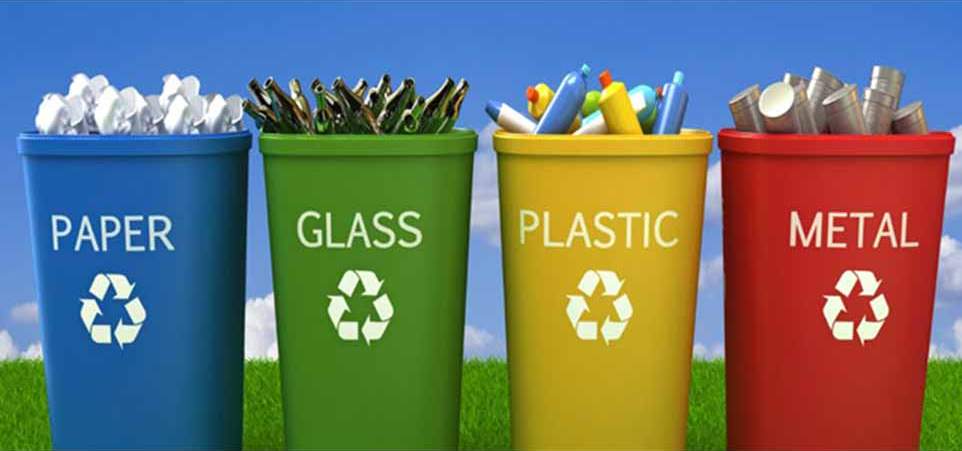Bhubaneswar: The proper management of solid wastes is emerging as a critical factor in good health. A media roundtable on Solid Waste Management (SWM) in rural Odisha was organised by Unicef here Tuesday to draw attention to the issue.
Experts and delegates from the state government and Unicef took part in the deliberations on implementation of SWM-2016 in Odisha.
Unicef Odisha Chief Monica Nielsen said while the world has made rapid strides in improving health, nutrition and education, indiscriminate solid waste disposal has led to pollution of the air, water and soil. This has a significant impact on public health and the environment, and is emerging as a huge problem that needs attention urgently, she added.
Solid waste is dangerous for rural areas as the population living in urban areas is just 16.68 per cent, which means impact of solid waste mismanagement is much more on the rural population, she said.
Panchayati Raj and Drinking Water Department Joint Secretary Subash Chandra Das underscored the need to take up a plan to implement Solid Waste Management Rules-2016 as directed by the National Green Tribunal (NGT).
This plan envisages identification of three Gram Panchayats from each district to take up the programme within six months. “We will soon make a draft policy in which gram panchayats will be the main players,” he said.
Earlier, Shipra Saxena WASH specialist, UNICEF Odisha, said as thousands of tonnes of waste are being generated every day, we can call ourselves a wasteful civilization. To reduce, reuse and recycle is the call of the times. Waste, if treated properly, can be made a resource which can be a good source of revenue, she said.
Pramod Dabrase, an expert in solid waste management, said the impact on public health and environment due to the lack of solid waste management systems are least understood. Solid waste is a problem not only in cities, but in rural areas too.
The indiscriminate disposal of solid wastes has a significant impact on public health, environment and economy that can harm the overall quality of life as well as the environment. The problems which can occur due to excess solid wastes are chemical poisoning, neurological disorders, hormonal imbalance, eye and respiratory infections, skin cancer etc, he said.
Dabrase said as per the Solid Waste Management Rules-2016, solid waste can be categorized into biodegradable, non-biodegradable dry waste, hazardous and sanitary wastes. In many places the burning of wastes, especially dry waste, is a serious cause of concern, he said.
Bio-degradable wastes can be easily composted at home, and if waste generation is considerable, biogas plants can also be installed to supplement the household’s energy supply. The collection and disposal of inorganic and non-biodegradable wastes should be done in a coordinated manner across Panchayats to minimize costs. They can also use waste to generate income for themselves by using the waste and resell it, said Abhay Biswal, Superintendent Engineer, RWS Circle, Bhubaneswar.
